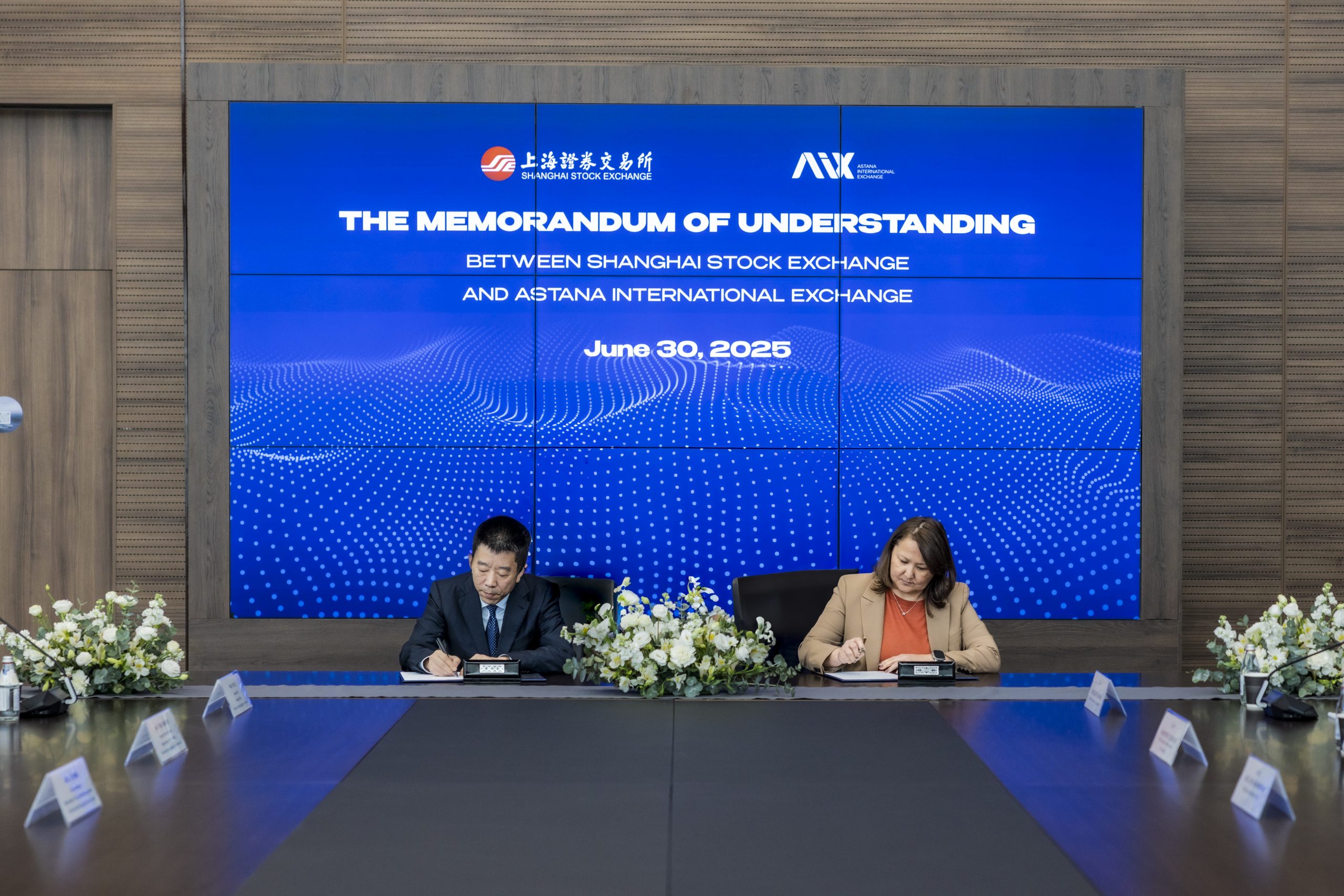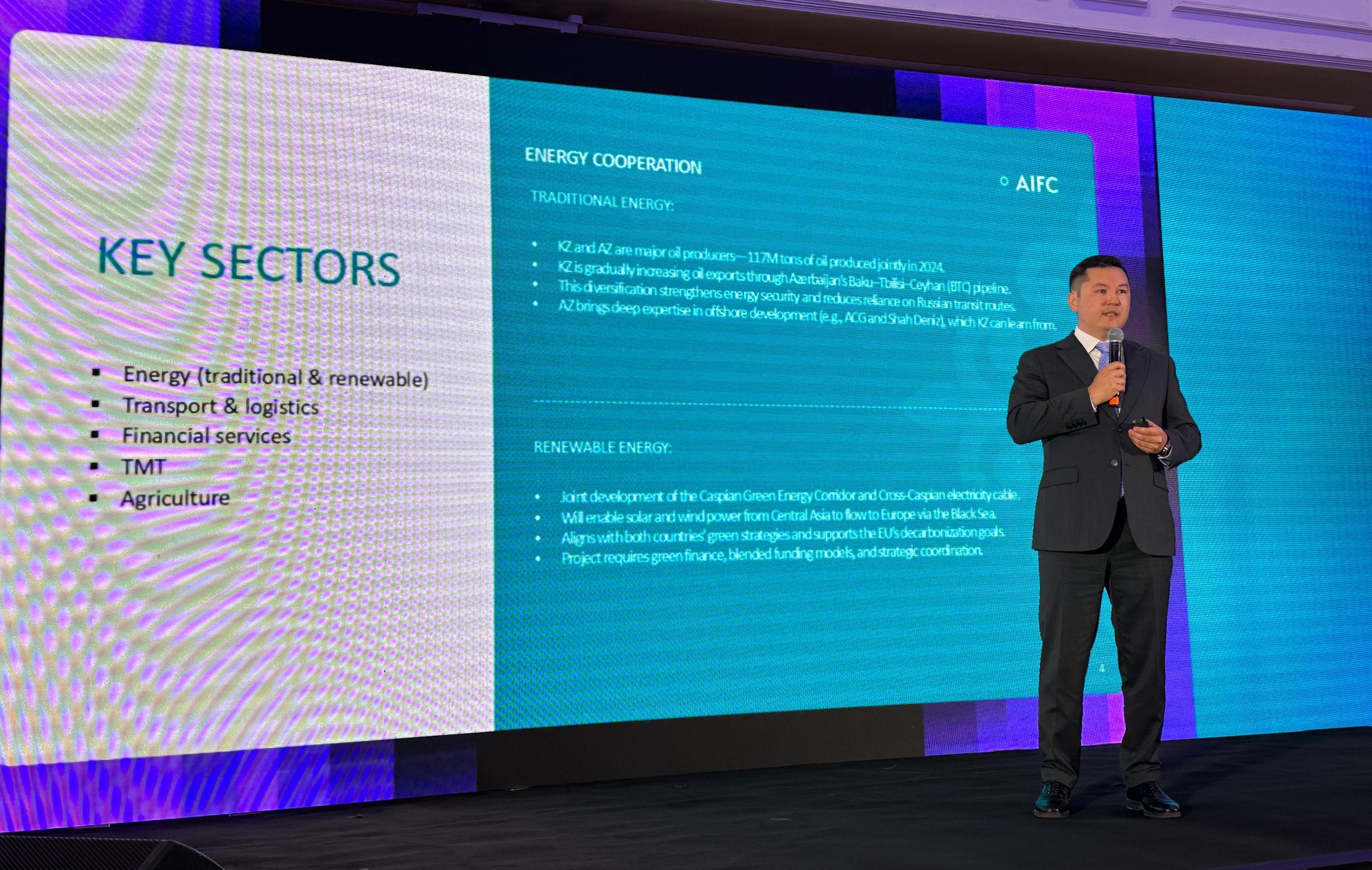Astana International Financial Centre signed partnership with the WEF Centre for the Fourth Industrial Revolution
Reference:
AIFC. In December 2015, the First President of the Republic of Kazakhstan, Nursultan Nazarbayev, signed the Constitutional Law on the establishment of the International Financial Centre “Astana” (AIFC). The purpose of AIFC is the formation of a leading center of financial services on international level. For the first time in the post-Soviet space, the principles of English law will be introduced, the official language of the financial center will be English.
AIFC’s tasks are to assist in attracting investments to the country’s economy by creating an attractive environment for investing in financial services, developing the securities market of the Republic of Kazakhstan, ensuring its integration with international capital markets. www.aifc.kz
The Centre for the Fourth Industrial Revolution is a hub for global, multistakeholder cooperation to develop policy frameworks and advance collaborations that accelerate the benefits of science and technology.Emerging technologies inevitably have both merits and risks. The extent to which the benefits are maximized and the risks mitigated depends on the quality of governance protocols – policies, norms, standards and incentives that shape the development and deployment of technologies. Governance must be stable, interoperable, predictable and transparent enough to build confidence among investors, companies, scientists and the general public, but also agile enough to remain relevant in the face of rapid advances in technology.





